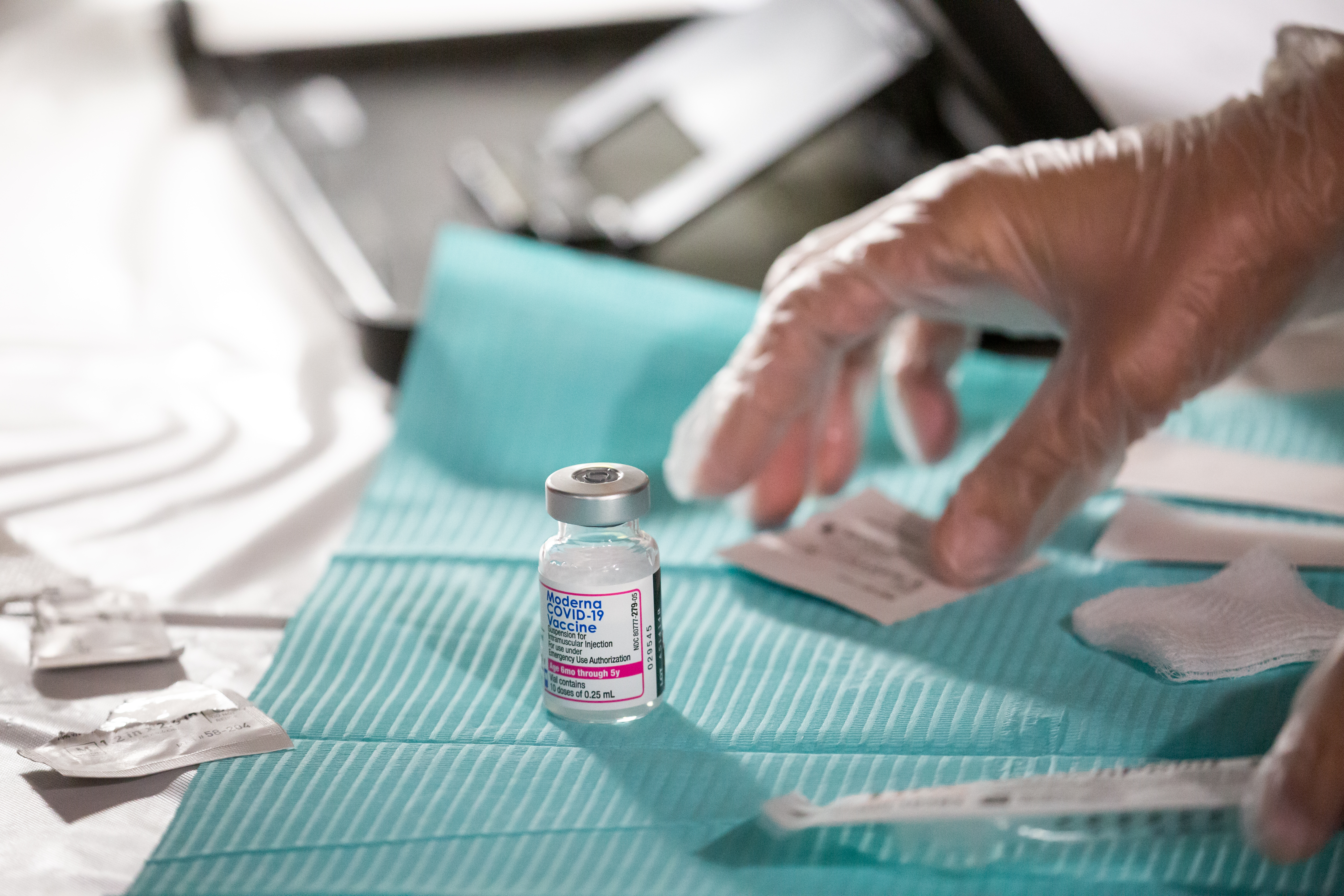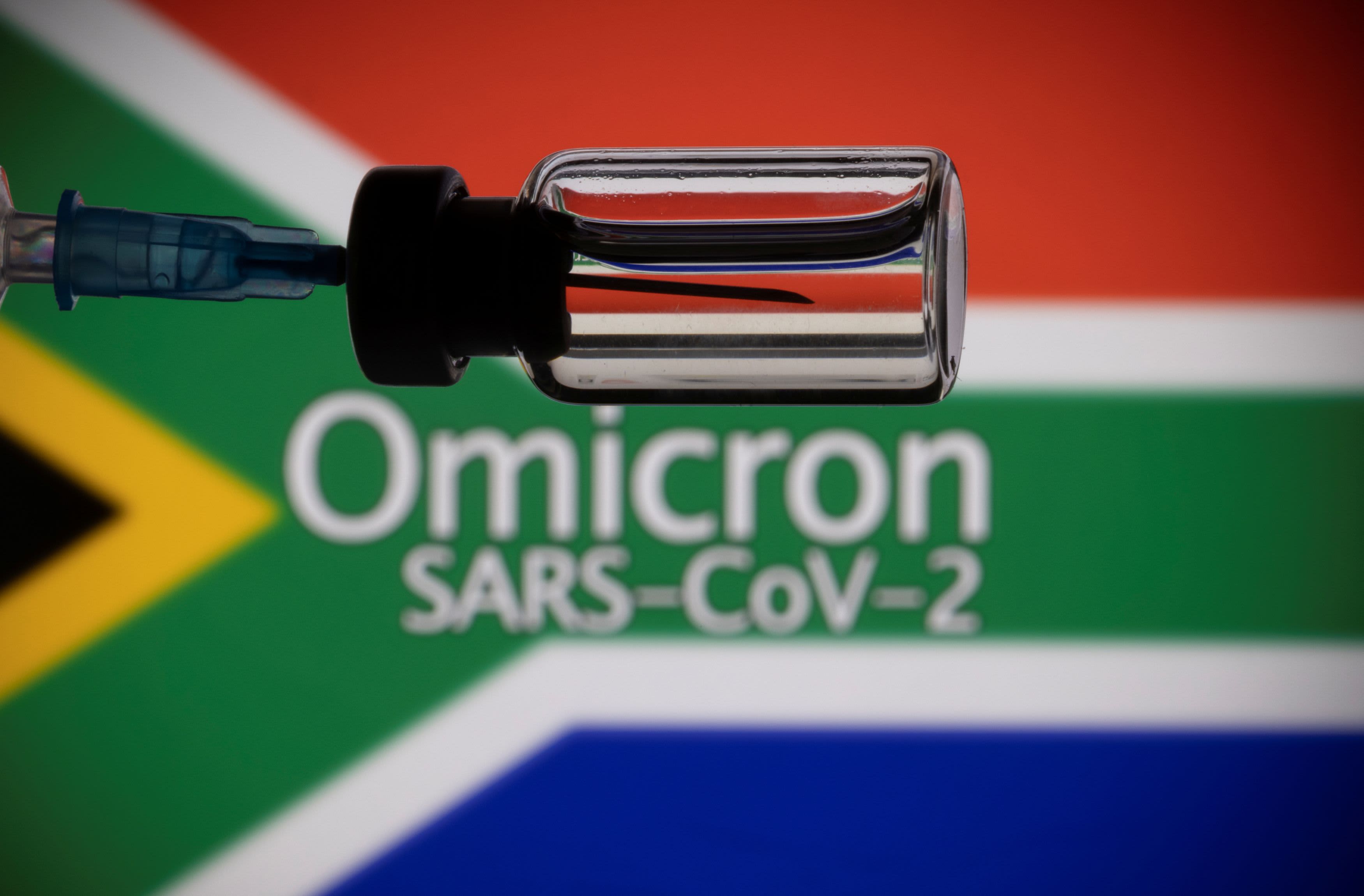The subvariants are now responsible for 70% of new coronavirus cases, and their immunity to existing vaccines has concerned scientists. Here’s what you need to know about the subvariants.
COVID booster shots appear to be less than 20% effective against infection with the omicron variant of the virus just a few months after the booster is given, a new study found this week.
The Italian study, which is a pre-print review and re-analysis of prior studies and has not been peer-reviewed, suggests boosters are effective in the short term to restore protection against the virus. But over just a few months, that wanes quickly.
"Booster doses were found to restore the VE [vaccine effectiveness] to levels comparable to those acquired soon after administration of the second dose; however, a fast decline of booster VE against Omicron was observed, with less than 20% VE against infection and less than 25% VE against symptomatic disease at 9 months from the booster administration," the authors wrote in the paper released Wednesday.
Watch NBC 4 free wherever you are
It's a crucial question to understand, given that boosters widely became available about 9 months ago in the United States, and that a new surge is now happening with the BA.5 variant of omicron -- which appears to be better at reinfecting people than any past strain of the virus.
Overall, the researchers found that nine months after administration, two doses of a vaccine were less than 5% effective at stopping a symptomatic omicron infection, and three doses were no more than about 22% effective.
Get Tri-state area news delivered to your inbox with NBC New York's News Headlines newsletter.
According to the CDC, less than a third of Americans have had a first booster dose at any point since they became available, and only about 5% of Americans have had a second booster dose.



